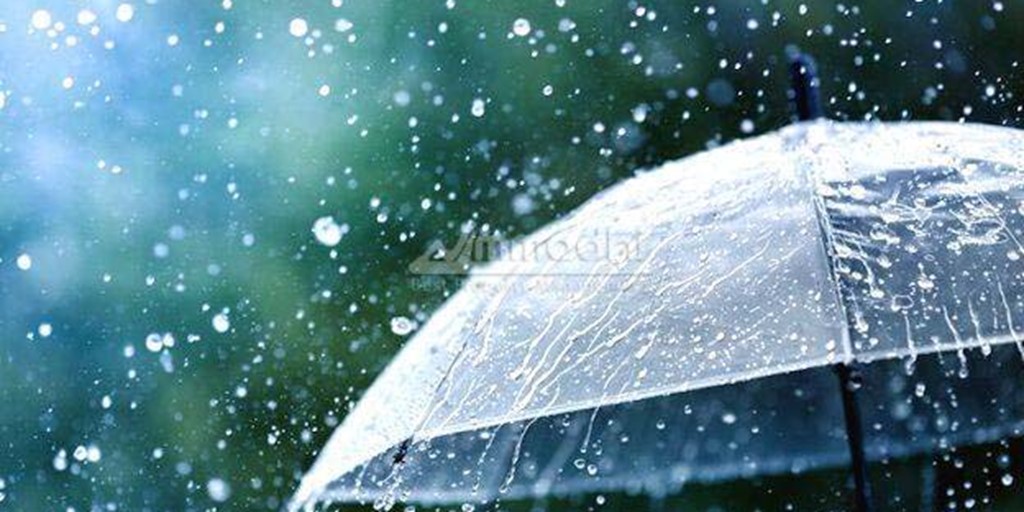hidden
hidden
Blog

SAFETY PRECAUTIONS DURING RAINY SEASON
SAFETY PRECAUTIONS DURING THE RAINY SEASON
These are some monsoon safety precautions that will help keep you and your family safe.
ESSENTIAL SAFETY TIPS FOR THE RAINY SEASON
DON’T TOUCH ELECTRIC WIRES
One of the most important safety tips for the rainy season is to stay away from electric wires, especially the ones that have either fallen from heavy rain or are dangling precariously from the pole, about to fall off.
If you have kids, educate them about the importance of staying away from fallen electric wires and poles as well. In case you see these wires lying in a puddle of water after rain, stay away from it as far as possible since stepping in it can possibly electrocute you.
These wires tend to break during heavy rainfall, keep an eye on the electric poles in your area and alert concerned authorities if needed. This might also help save others from unfortunate accidents.
UNPLUG ELECTRONIC APPLIANCES
One of the top electrical safety tips during the rainy season, apart from not touching electrical wires, is to unplug electronic appliances during heavy rainfall.
The reason behind this is voltage fluctuation and load shedding. Extremely high or low voltage can potentially damage your expensive appliances.
If you live in an area that’s prone to flooding during heavy rainfall, touching these appliances while they are plugged in can potentially include somebody. Therefore, it is recommended to switch off and unplug all such devices before the water enters your house.
If possible, consider moving electronic appliances such as refrigerators and television away from the windows as a safety measure during the rainy season.
Call Nimmadhi electrical and plumbing services at +91 766 700 8999 Nimmadhi electricians are always available to help with your electrical problems.
AVOID WALKING IN THE RAIN
one of the top precautions to be taken during the rainy season includes staying away from the water that’s standing on the road. These pools of water may seem visibly clean but they contain a host of bacteria, which can lead to a number of viral diseases and fungal infections. People suffering from diabetes are at an even bigger risk than others.
In case you have no other option but to step in a puddle to get to your home or workplace, make sure to thoroughly wash your foot with soap and clean water. Also, do not wear wet socks or wet shoes as they will most probably contain all sorts of germs.
Wearing covered shoes or rubber boots is also one of the top tips for staying safe in the monsoon.
KEEP UMBRELLA AND RAINCOAT HANDY
It’s imperative to keep an umbrella on hand during the monsoon season. Not only will this habit keep you from falling sick but also help you protect your valuable items such as your mobile phone, wallet, and cards from getting wet during the downpour. If carrying an umbrella appears to be a hassle, buy a raincoat.
It’s also advisable to carry your belongings in small plastic pouches during the rainy season so that even if you are caught in a shower, you won’t have to worry about water getting into your handbag or backpack and ruining your things.
This is one of the simplest safety tips for the rainy season.
TAKE PRECAUTIONS AGAINST MOSQUITOES
Mosquitoes lay their eggs in pools of stagnant water, thus making monsoon the perfect breeding season for these pesky insects. Given the fact they can transmit malaria, dengue, and chikungunya along with other diseases, you must consider using electronic mosquito repellents or burning mosquito coils to keep the insects at bay.
Insect repellent sprays can also work wonders, just make sure you don’t directly inhale it.
Nimmadhi Installing mosquito screens on windows and using mosquito nets around your bed Installing mosquito screens on windows is a major safety precaution during the rainy season that will keep you and your family healthy.
PREPARE AN EMERGENCY KIT
Frequent power breakdowns and flash flooding are the most troublesome part of the monsoon season. Since you can’t fight or always predict such natural disasters before time, it’s always better to be prepared for the worst – particularly if you live in an area that’s prone to flooding.
• Clean water
• Mosquito repellent creams
• Thermometer
• First aid bandages and cotton swabs
• Healing ointments
• Medicines
• Non-perishable food items
• Battery-backed emergency light
• Extra set of clothes and socks